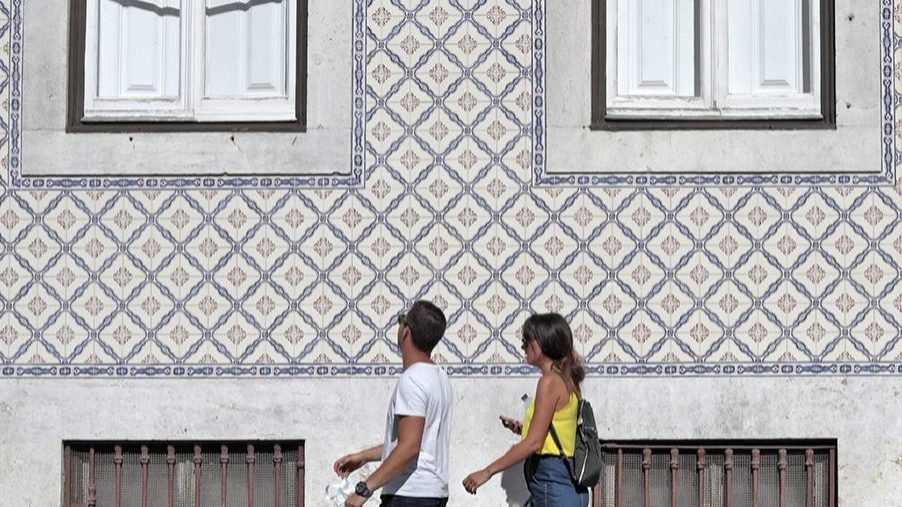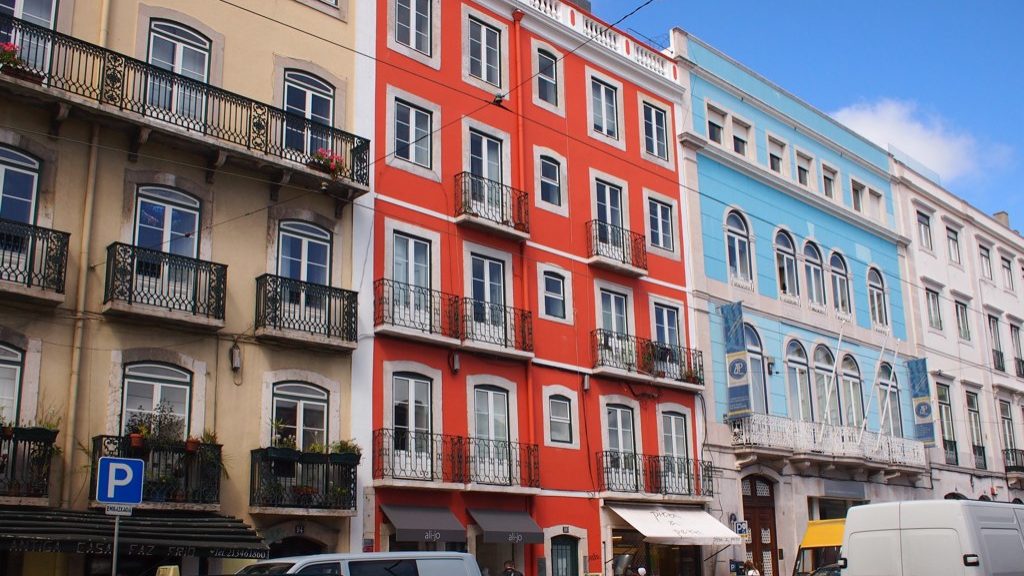Government housing bill to go before parliament on Friday
The government has already adopted legislation on rent support and subsidised interest rates on mortgages, which it was able to adopt without prior parliamentary discussion.
The Portuguese government’s More Housing programme will begin to be discussed in parliament on Friday, along with ten bills, one draft resolution and two draft resolutions presented by the opposition.
The government’s proposed laws to combat the housing crisis, which include measures such as forced rental of vacant houses, the suspension of new short term rental accommodation licences and the end of ‘gold’ visas, approved by the Cabinet on 30 March, will be debated in plenary on Friday.
The government has already adopted legislation on rent support and subsidised interest rates on mortgages, which it was able to adopt without prior parliamentary discussion.
Presented on 16 February, the More Housing programme is based on five axes: increase the supply of real estate for housing purposes, simplify licensing processes, increase the number of houses on the rental market, combat real estate speculation and support families.
While the new package was in public consultation, the ministry of housing received “more than 2,700 contributions” with suggestions and requests for changes.
In Parliament, proposals from almost all the opposition, with the exception of IL (the Liberal Initiative) and PAN (People, Animals, Nature), will be discussed with the government’s bills.
BE (Left Bloc) leads in number, with five bills, while right-wing Chega and PCP (Communist Party) have signed two bills each and the sole member of the Livre party has signed one.
The PSD (Social Democratic Party), the largest opposition party, presents a draft resolution and a draft deliberation (without the force of law), but had already taken to parliament a set of ten diplomas (later condensed into five), which were vetoed by the ruling Socialist Party (PS).
The PSD takes to debate on Friday a proposed study to assess the “effects of changes to the urban lease regime in the last ten years” and a recommendation to the government to adopt “a special regime” of ‘gold’ visas (residence permits for foreigners who buy property) for the autonomous regions of the Azores and Madeira.
In its opinions on the new measures, the regional government of Madeira is also asking for the non-application of the extraordinary contribution on short-term rental accommodation, while the regional government of the Azores announces that it is “unfavourable” to the payment by the state, in cases of eviction, of rents due after the end of the opposition period.
Turning to opposition bills, Chega proposes a mediation commission for the renegotiation of contracts, with entities “representing the different interests involved”, and the strengthening of incentives for stability in rental contracts for own and permanent housing, as well as a reduction in taxation on property income.
The BE’s draft bills deal with the elimination of tax benefits for real estate investment funds and the prohibition of the sale of houses to non-residents. The BE also presents a set of rules for rent control and advocates that the new buildings built in Portugal, where only 2% of housing is public, have a minimum quota of 25% for renting or construction at controlled costs.
The PCP presents a series of measures, including a special protection regime for owner-occupied housing and the mobilisation of public patrimony for housing purposes. The Communists also propose the end of tax favourable regimes, namely for non-habitual residents, and an extraordinary regime of prohibition of pledging and foreclosure of permanent home ownership.
In the draft resolution that it also presents, the PCP asks for the reinforcement of resources of the Institute of Housing and Urban Rehabilitation (IHRU).
In the same vein is the bill from the only member of parliament from Livre, Rui Tavares, proposing that the IHRU be endowed with “technical and financial capacity capable of ensuring 100,000 new homes in ten years”.
Other entities have issued opinions on the new package of measures, namely the National Association of Portuguese Municipalities (ANMP) and the National Association of Parishes (Anafre).
ANMP has conditioned the issuing of a favourable opinion to the resolution of “fundamental issues” related to the measures on forced renting, short-term rental accommodation, tax incentives for urban rehabilitation and municipalities’ tax powers.
ANMP identifies forced rental of vacant housing as one of the measures that “most concerns” local authorities, noting that municipalities that do not comply with this provision will be penalised with the end of aggravated IMI (Municipal Property Tax) rates on vacant buildings.
The association also proposes limits to the “automatic and generalised suspension of new licences” for short-term rental accommodation, and considers that it is “not admissible” for the central state to unilaterally grant automatic exemptions from taxes that generate municipal revenues.
Refusing to give an opinion, Anafre regrets that the “potential for a notable contribution” of the parishes to public housing policies has not been considered.
“The parishes are only mentioned in two regulations,” it regrets, adding that they “have not been included” among the beneficiaries of support for affordable rental housing, nor in the partnerships with cooperatives.


